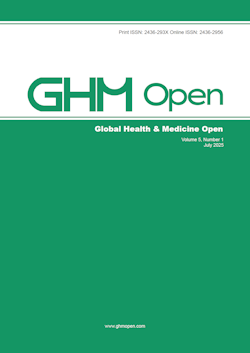Association of atherogenic serum lipids and platelet activation with changes in arterial stiffness in patients with type 2 diabetes
Hirowatari Y, Yanai H
Pulse wave velocity (PWV) is a potential marker for atherosclerosis severity and/or predictor of future atherosclerotic cardiovascular events. PWV is significantly correlated with carotid-intimal media thickness in patients with diabetes. However, its significance as a surrogate marker for the treatment of atherosclerotic cardiovascular risk in the management of type 2 diabetes has not been fully established. To elucidate the factors that determine the improvement or deterioration of PWV, we studied the association of clinical parameters, parameters for glucose metabolism, serum lipids including each lipoprotein fraction, serotonin as a marker for platelet activation, and change in PWV in 54 patients with type 2 diabetes. Systolic blood pressure and serum levels of non-high-density lipoprotein-cholesterol, low-density lipoprotein-cholesterol (LDL-C), and intermediate-density lipoprotein-cholesterol significantly decreased in the PWV-improved group after 2 months compared with those in the PWV-deteriorated group. The serotonin levels at baseline were significantly lower in the PWV-improved group than in the PWV-deteriorated group. The changes in systolic blood pressure and LDL-C levels were significantly and positively correlated with those in PWV. The serotonin levels at baseline were significantly and positively correlated with changes in PWV. Therefore, amelioration of blood pressure, serum lipid level, and platelet activation might be beneficially associated with PWV change. PWV-guided clinical practice for cardiovascular risk stratification could be useful in type 2 diabetes management.







